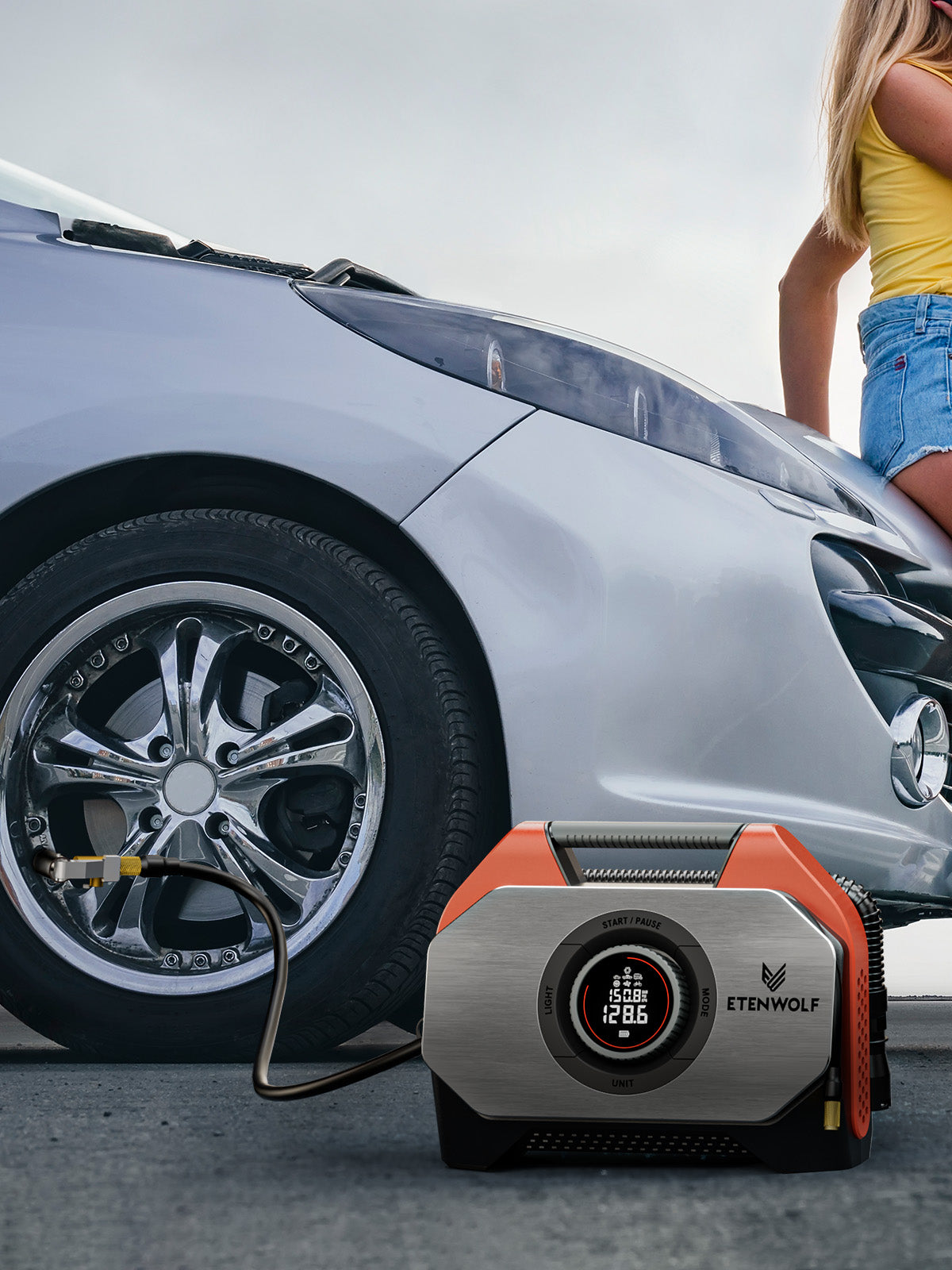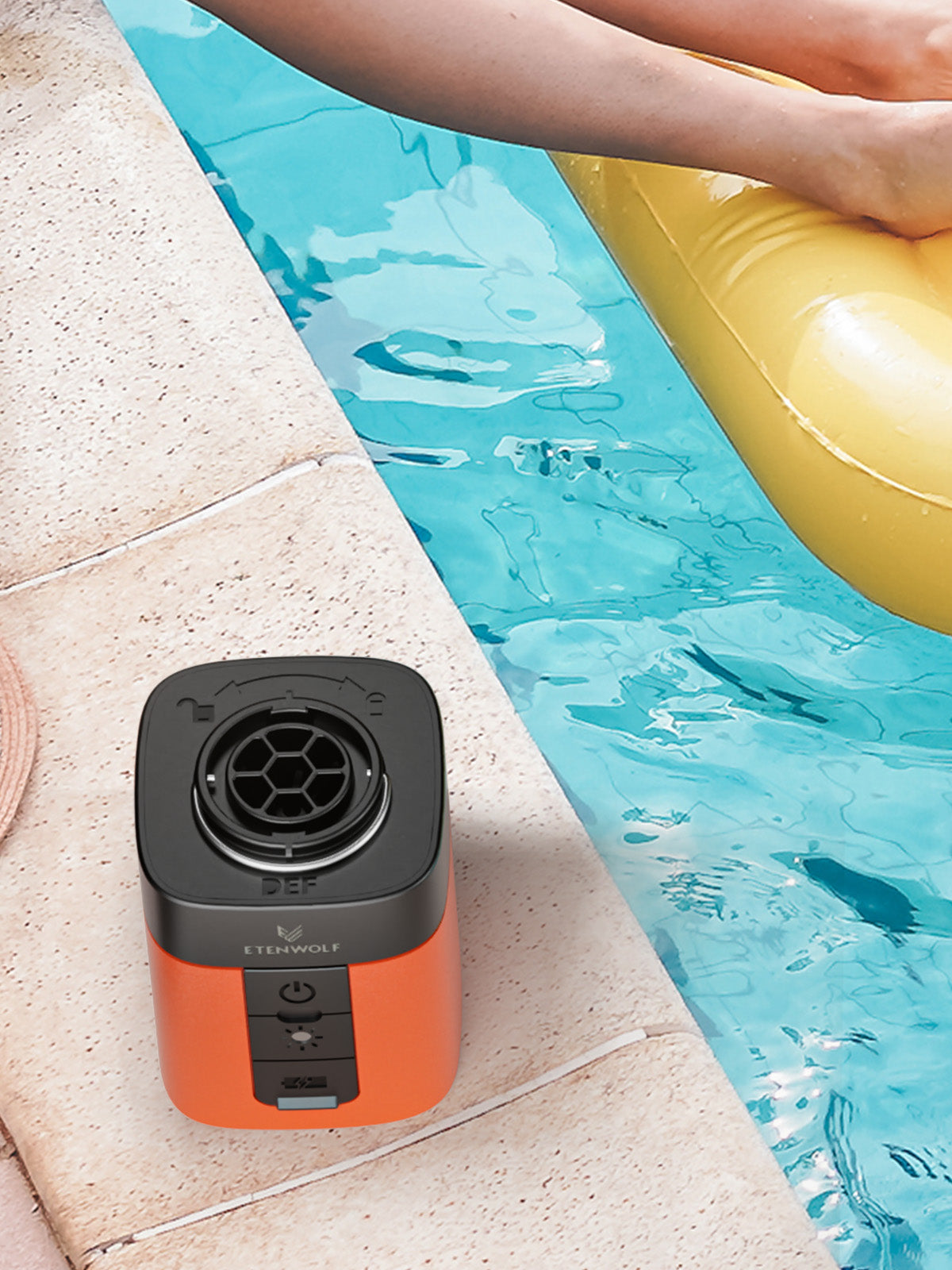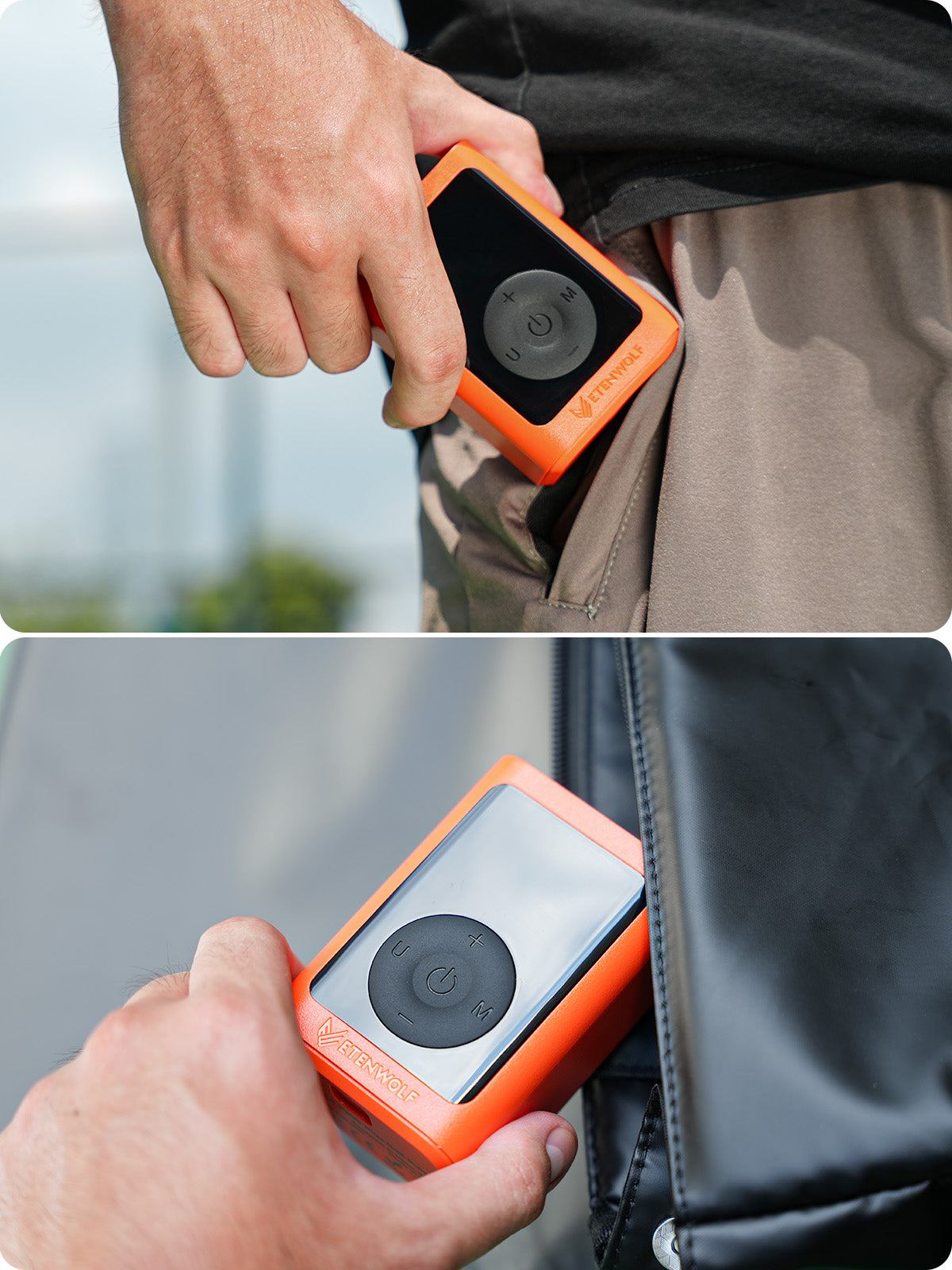When it comes to inflating tires, a common question arises: should you use air or nitrogen? In this article, we will explore the differences between these two options and offer guidance on choosing the right type of inflation for your needs.
Understanding Tire Inflation with Air
Air has been the traditional choice for tire inflation for decades. Composed of approximately 78% nitrogen, 21% oxygen, and trace gases, air is readily available and affordable. The primary advantage of using air in tire inflators is its accessibility. Most gas stations have air pumps, and many drivers have their own portable tire inflators for home use. This wide availability makes air a convenient option for everyday tire maintenance.
However, while air is cost-effective, it has its drawbacks. One of the main issues with using air is that it can contain moisture, which may lead to fluctuations in tire pressure due to temperature changes. Additionally, oxygen molecules are smaller than nitrogen molecules, allowing them to seep through the tire walls more easily. This means that tires inflated with air might require more frequent pressure checks and adjustments. At Etenwolf, we recommend using reliable tire inflators to maintain proper pressure, regardless of the inflation method chosen.
The Benefits of Nitrogen Inflation
Nitrogen inflation has gained popularity among performance enthusiasts and commercial fleets for several reasons. One significant advantage of nitrogen is that it is less prone to pressure fluctuations caused by temperature changes due to its larger molecular size. This results in more stable tire pressure over time, leading to improved fuel efficiency, enhanced handling, and reduced tire wear.
Another benefit of nitrogen is that it helps prevent moisture build-up within the tire, which can corrode internal components and affect overall performance. However, filling tires with nitrogen typically requires specialized equipment and is less accessible than air, with fewer gas stations offering nitrogen filling services.
Making the Right Choice for Your Tires
When deciding between air and nitrogen inflation for your tires, consider your driving habits and priorities. For everyday drivers, using a high-quality tire inflator to maintain proper air pressure can provide sufficient performance and convenience. On the other hand, if you are a performance enthusiast or drive in extreme conditions, nitrogen inflation might be the better option for maintaining tire pressure stability.
Regardless of your choice, using a reliable tire inflator to monitor and adjust tire pressure is essential. Etenwolf offers a range of tire inflators designed for precise inflation, ensuring that your tires remain in optimal condition whether you choose air or nitrogen.
Conclusion
Drivers can make well-informed judgments based on their individual needs and preferences by being aware of the differences between the two. At Etenwolf, we supply premium tire inflators to assist you reach peak performance and stress the value of routine tire care. Regardless of the inflation technique you select, consistent tire care and monitoring are essential to guaranteeing a safe and effective driving experience.







Leave a comment
This site is protected by hCaptcha and the hCaptcha Privacy Policy and Terms of Service apply.